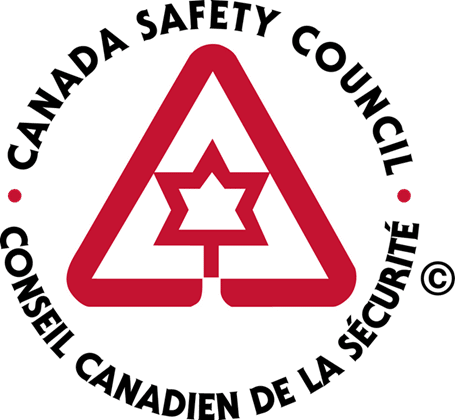Problem Gambling: A Poor Bet
According to a study published by the University of Lethbridge in 2020, a total of 66.2 per cent of Canadians reported participating in some type of gambling. This is a number that is on the decline — in 2011, the Canadian Partnership for Responsible Gambling reported the number to be in the mid-70s.
Additionally — and of significantly more concern — the University of Lethbridge study reports 0.6 per cent of the Canadian population, or slightly more than 220,000 Canadians, are identified as problem gamblers, with an additional 2.7 per cent (approximately one million Canadians) being recognized as at-risk gamblers.
November is National Community Safety and Crime Prevention Month, and the Canada Safety Council wants to remind you to gamble responsibly.
The overwhelming majority of Canadians engage in responsible gaming, according to the statistics. However, gambling addiction is a very real issue that affects not only the person affected by the disorder but also those in their orbit.
Problem gambling is a self-explanatory term, though one that is often misinterpreted. It occurs when gambling disrupts a person’s life. Those disruptions don’t have to be financial in nature, though they often are. Problem gambling can also refer to a habit causing undue stress on areas including relationships, employment and mental health. In extreme cases, legal issues can also become a factor.
It can be difficult to identify an existing addiction in someone you love, too. Problem gamblers tend to isolate themselves, hide the problem, deny it if confronted and refuse help. It is generally a case of not being able to help someone who won’t help themselves.
Do you spot yourself in this description? If so, here are a few tips that you can immediately take to confront your problem.
Acknowledge that you can break the habit. You may feel as though attempting to break the habit is pointless. Addiction is a disease and generally has a strong influence on behaviour. But many others have been in similar positions and have managed to substitute the habit for healthier coping methods. You can, too.
Don’t try and go it alone. Count on your support network. Reach out to friends and family who will be willing to help and want the best for you. If your support circle is limited, consider joining a support group like Gamblers Anonymous.
Avoid putting yourself in tempting situations. Impulse control is a key factor in controlling your problem gambling, and the easiest way to not be tempted is to avoid temptation sources altogether. Block gambling sites and apps on your devices, decline invitations to casinos and schedule activities in your calendar that take up the time you would otherwise spend gambling.
Responsible gaming is a hobby that requires moderation and an understanding that it cannot and should not be prioritized over family, work or other obligations. In problem gamblers, their personality type and genetic components simply do not lend themselves to that type of moderation. This makes it critical to identify and address the problem before it spirals out of control and damages the gambler, their families and their communities.
– 30 –
For more information, please contact:
Lewis Smith
Manager, National Projects, Canada Safety Council
lewis.smith@safety-council.org
